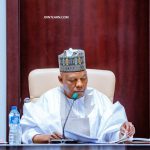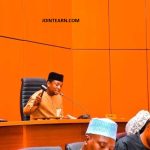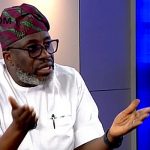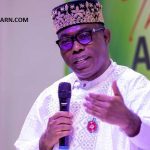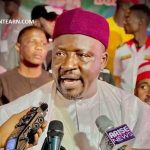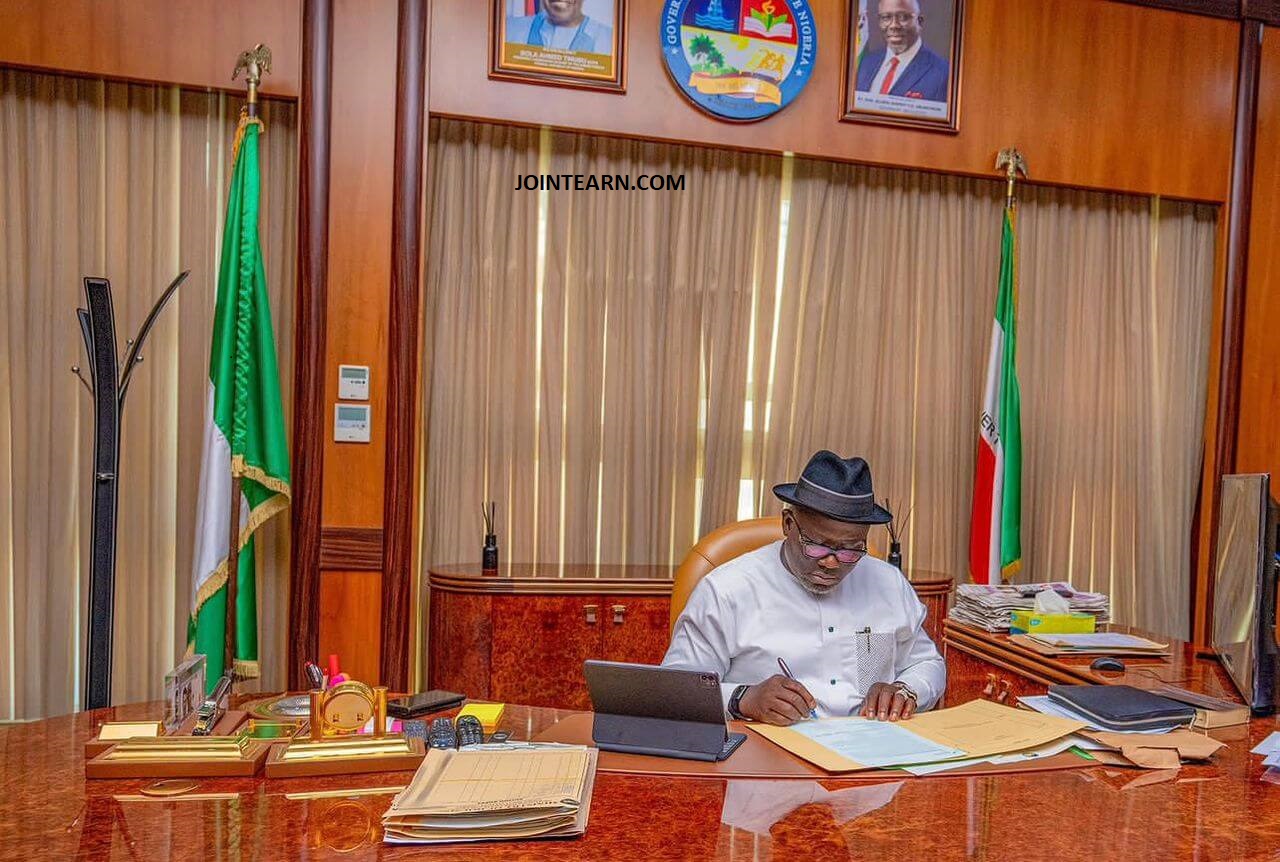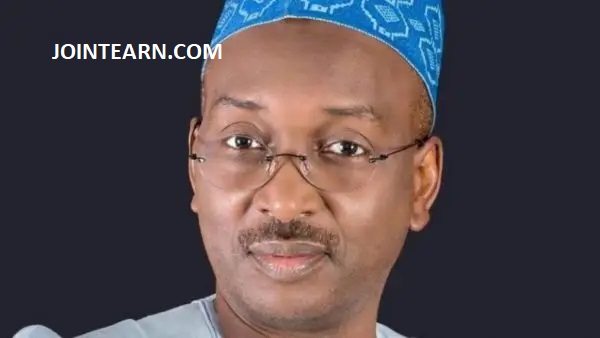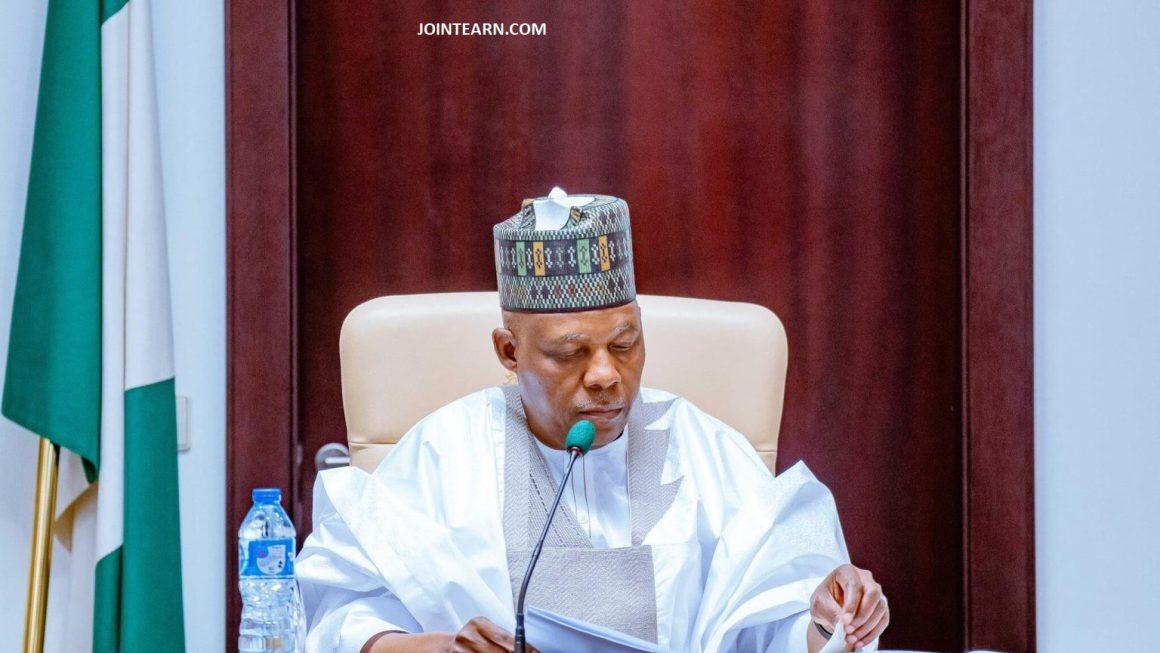In a bold statement that has further shaken the political landscape in Delta State, former Speaker of the Delta State House of Assembly, Rt. Hon. Victor Ochei, has labeled the recent defection of Governor Sheriff Oborevwori from the opposition to the ruling party as a “tsunami” with far-reaching consequences for the state’s political future. Ochei’s comments come on the heels of the governor’s surprise shift from the People’s Democratic Party (PDP) to the All Progressives Congress (APC), a move that has sent shockwaves through both political parties and ignited intense discussions among stakeholders.
A Shocking Shift in Allegiances
Governor Sheriff Oborevwori’s unexpected defection from the PDP, which has dominated Delta politics for over two decades, to the APC has raised eyebrows within the state and beyond. The move has been widely interpreted as a major shift in political allegiance, especially given the power and influence that the PDP has historically wielded in the region. Many saw Oborevwori’s switch as a bold political maneuver aimed at consolidating power and aligning with the national government led by the APC.
In response to the defection, Ochei, a prominent politician and former speaker, described the development as a seismic event in Delta’s political terrain. He argued that the impact of such a defection could be likened to the force of a tsunami – a powerful and irreversible shift that would leave a lasting imprint on the state’s political fabric.
“This is nothing short of a political tsunami. Governor Oborevwori’s defection will not just affect the internal dynamics of the PDP; it will also send shockwaves through the APC and the entire political scene in Delta State,” Ochei declared during a press briefing in Asaba.
The Implications of the Defection
Ochei’s comments were not limited to just the impact on party lines; he also touched on the broader implications of Oborevwori’s defection for governance and political stability in Delta. According to him, the defection poses a serious challenge to the unity of the state and could deepen existing divisions within the political class.
He noted that many of the governor’s supporters, especially those loyal to the PDP, would feel betrayed by his decision. This, Ochei explained, could lead to discontent among the electorate and party members, particularly those who believed in the platform of the PDP.
“It is a known fact that the governor was elected under the umbrella of the PDP, and his sudden shift to the APC raises questions about his commitment to the people who voted for him. How will he convince his supporters that his loyalty now lies with the APC?” Ochei questioned.
The former speaker further pointed out that the defection could undermine public trust in the political system, particularly in Delta State, where the PDP has maintained a dominant presence for decades. Ochei warned that the lack of clear political direction could lead to further polarization among the people of the state.
Ochei’s Political Strategy in Response
In light of Oborevwori’s defection, Ochei has begun positioning himself and his political group to capitalize on the perceived vacuum in leadership. Although not a direct opponent of the governor, Ochei made it clear that he sees an opportunity to mobilize support and provide an alternative political vision for Delta State.
“We must look beyond individual ambitions and focus on what is best for the people of Delta State. This is the time for genuine leadership, and I believe the people of Delta deserve better than political betrayal,” he remarked.
Ochei expressed confidence that the defection would open the door for new alliances and political partnerships, which could shift the balance of power in Delta. He also hinted at the possibility of a new political movement emerging in the state, one that would prioritize accountability, transparency, and development over personal political gain.
Reactions from the APC and PDP
While Ochei’s remarks have added fuel to the growing fire of political debate in Delta State, the defection has sparked mixed reactions from both the APC and the PDP.
Supporters of the APC have hailed Governor Oborevwori’s move as a welcome development that strengthens the party’s position in the state. They argue that his decision to join the APC is a sign of his commitment to the national agenda and a reflection of the increasing influence of the ruling party across the country.
“We are happy to have a leader of the governor’s caliber join the APC,” said a prominent APC member in the state. “This is a positive step for Delta. With Governor Oborevwori on our side, we will continue to build on the successes of the federal government and bring more development to the state.”
On the other hand, PDP members in Delta State have been quick to condemn the defection, accusing the governor of betraying the party and its values. The PDP has raised concerns about Oborevwori’s ability to lead the state effectively now that he has switched allegiance, questioning his motives and the long-term impact on the party’s chances in future elections.
“This is a man who was elected on the platform of the PDP, and now he turns his back on us,” a senior member of the PDP said. “His actions will not go unnoticed, and the people of Delta will soon see through his selfish political maneuvering.”
Looking Ahead: The Road to 2027
As the dust settles on the political upheaval caused by Oborevwori’s defection, all eyes are now on the 2027 gubernatorial elections in Delta State. Political analysts believe that the state will witness intense competition between the APC and PDP, with several key players already positioning themselves for a shot at the governorship.
Ochei’s declaration of a political “tsunami” suggests that the coming years will be marked by fierce political battles, shifting alliances, and a redefinition of the state’s political future. It remains to be seen how Oborevwori’s defection will influence the electoral dynamics in the state and whether it will strengthen or weaken the position of both the APC and the PDP in the long run.
The next few months will be crucial in determining whether Delta State will experience further political realignments or whether the power structures in place will remain intact. Ochei’s bold claims and the reactions from various political figures signal that Delta is in for a new era of political realignments that could redefine its future.

